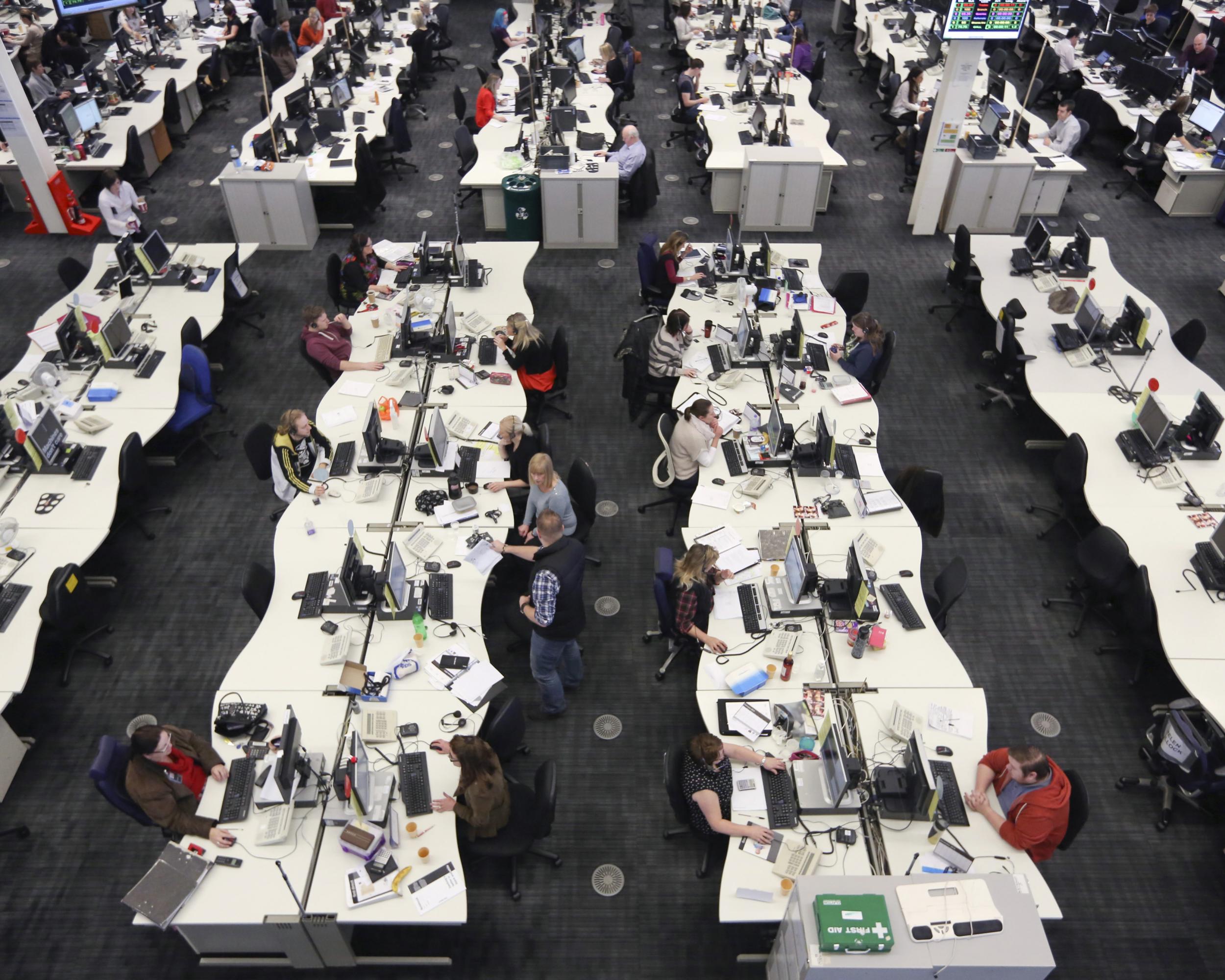Power of social media is worth £65m in compensation payouts
As the bosses and shareholders at United Airlines know, social media has put the customer service game firmly in the hands of the little people

Your support helps us to tell the story
From reproductive rights to climate change to Big Tech, The Independent is on the ground when the story is developing. Whether it's investigating the financials of Elon Musk's pro-Trump PAC or producing our latest documentary, 'The A Word', which shines a light on the American women fighting for reproductive rights, we know how important it is to parse out the facts from the messaging.
At such a critical moment in US history, we need reporters on the ground. Your donation allows us to keep sending journalists to speak to both sides of the story.
The Independent is trusted by Americans across the entire political spectrum. And unlike many other quality news outlets, we choose not to lock Americans out of our reporting and analysis with paywalls. We believe quality journalism should be available to everyone, paid for by those who can afford it.
Your support makes all the difference.When a United Airlines employee asked if anyone wanted to give up their seats due on a recent flight it sparked a chain of events that led this week to the CEO having to address angry investors as the airline’s share price tanked.
As pictures, video and leaked internal memos regarding the now globally recognisable bloodied passenger at the centre of it all continue to emerge, it seems the rollercoaster ride isn’t over yet.
Overnight, the United Airlines brand has, rightly or wrongly, become synonymous with the worst possible treatment of the paying customers it serves.
It’s a PR nightmare that has forced some strong, very public, “watershed moment” rhetoric from its boss. But a decade ago none of this would have happened.
Such is the instant, global-reaching power of social media and its power to fundamentally change the customer service game. And companies around the world know it.
Make and manage a complaint via phone, email or even letter and it’s a private affair that at worst puts your friends and family off buying that company’s goods or services.
Make that same complaint via Twitter, where millions can see and draw conclusions from it and the response is often immediate and in your favour.
Last week for example, while United passenger David Dao was being treated for his injuries, research found that UK companies paid out more than £65m in compensation and free gifts to those who complained on Twitter and Facebook in 2016, worth around £32 per person.
Around 15 per cent of the country’s consumers have caught on to the catalysing effect of social media to resolve their problems, with more than half reporting that their issue was resolved quickly.
And it’s well worth the company’s time because they know customers can end up spending between 20 per cent and 40 per cent more with them if they receive engagement and responses to customer service requests on social media.
It comes as no surprise then that more than a quarter of all those who made a Twitter of Facebook complaint received money off or a goodwill gift, according to figures from Gocompare.com.
“Consumers are becoming more savvy, demanding a higher quality of customer service and taking the conversation out of the control of brands,” notes Gocompare.com’s head of money, Matt Sanders.
“Social media channels have become a key component of a company’s customer service strategy with most brands having dedicated accounts to respond to and deal with negative comments quickly and efficiently, and quite often with a more personal touch.”
And social media is levelling the gender playing field too, it seems. A range of evidence suggests women are generally much more reluctant to complain about poor customer service than men.
In fact, the Journal of Consumer Research based in the US has reported that factors affecting whether you complain about poor customer service include both your gender and that of the person you are complaining to.
But online, Gocompare.com estimates that around 14 per cent of women and 16 per cent of men would take to social media to vent their frustrations.
However, while women reported greater satisfaction from their online complaints, the study found that men tend to receive far more compensation after stating their grievances through Facebook or Twitter – £40 on average compared with just £26 for women.
“It’s interesting that more women than men feel like their complaint has been resolved after complaining on social media, even though they’re likely to receive less compensation,” says Sarah Pennells, founder of money website for women SavvyWoman.co.uk.
“What this research doesn’t show us is what men and women complained about. If men were complaining about more expensive items or more disruptive problems, then it’s understandable that they’ll be offered more to put it right.
“But, it may well be that women are offered less in the first place and accept it. There may be a ‘gender compensation gap’, or perhaps women just need to dig their heels in a bit more and hold out for more compensation.”
For more information about your consumer rights, go to the Government information page.
Citizens Advice provides information about escalating a complaint you don’t feel has been addressed properly.
Or for tips on how to complain effectively on social media, Gocompare.com offers advice.
Join our commenting forum
Join thought-provoking conversations, follow other Independent readers and see their replies
Comments